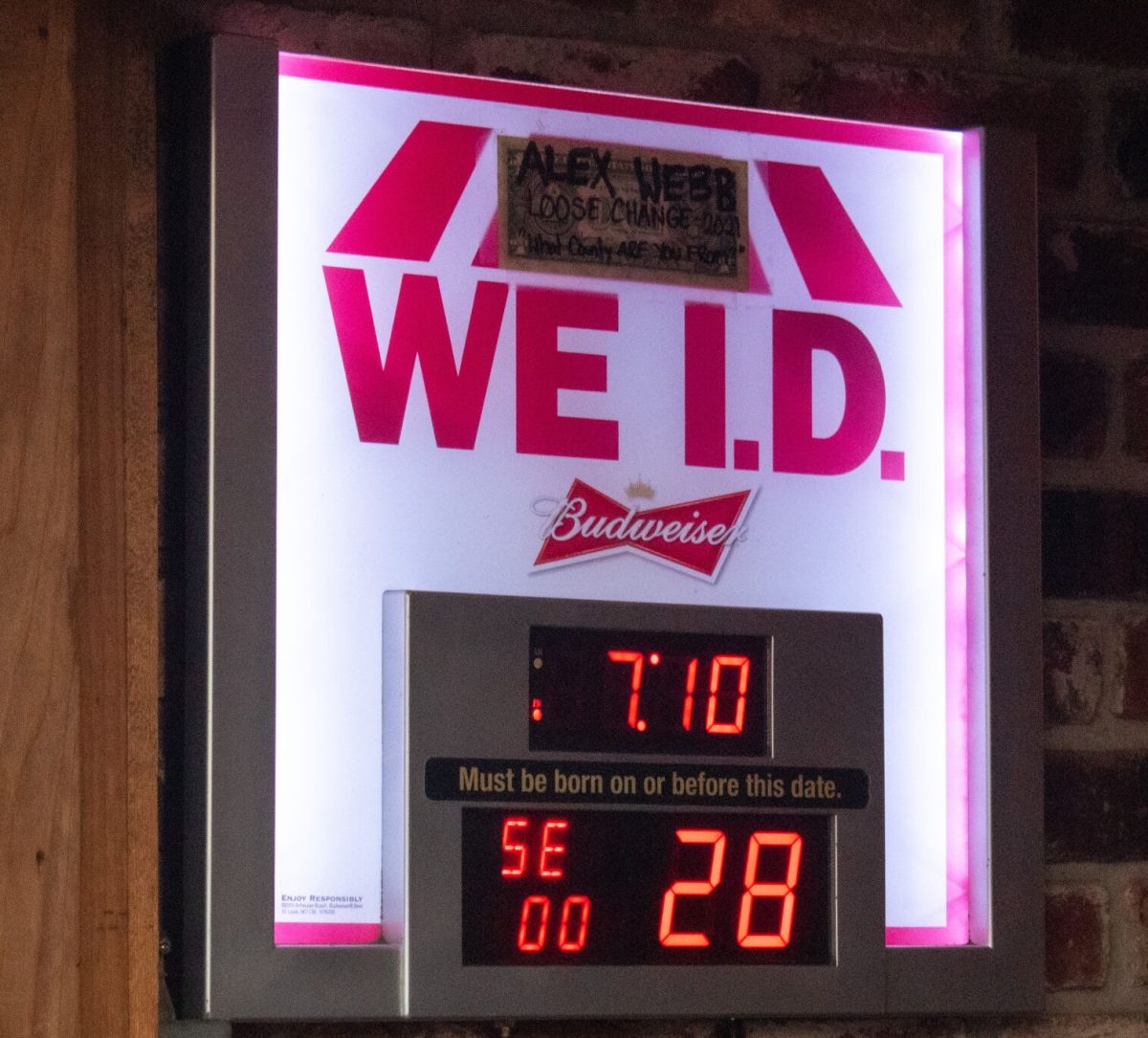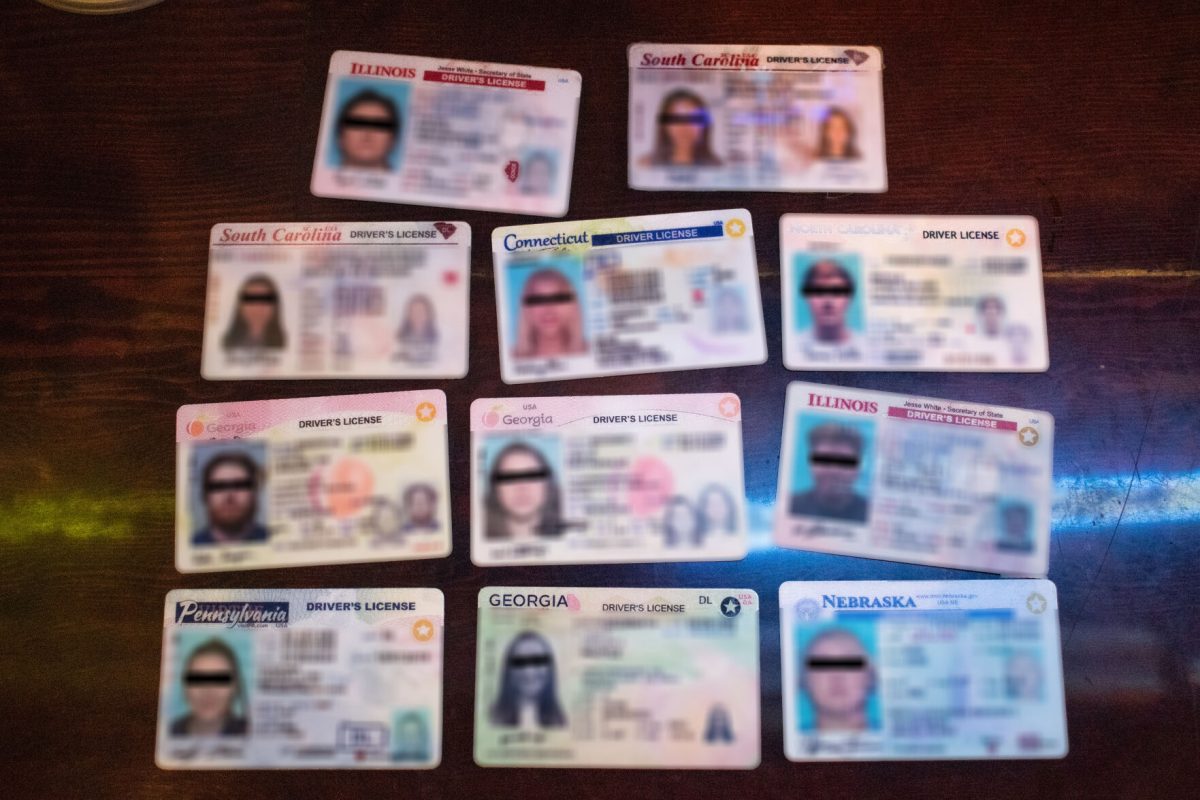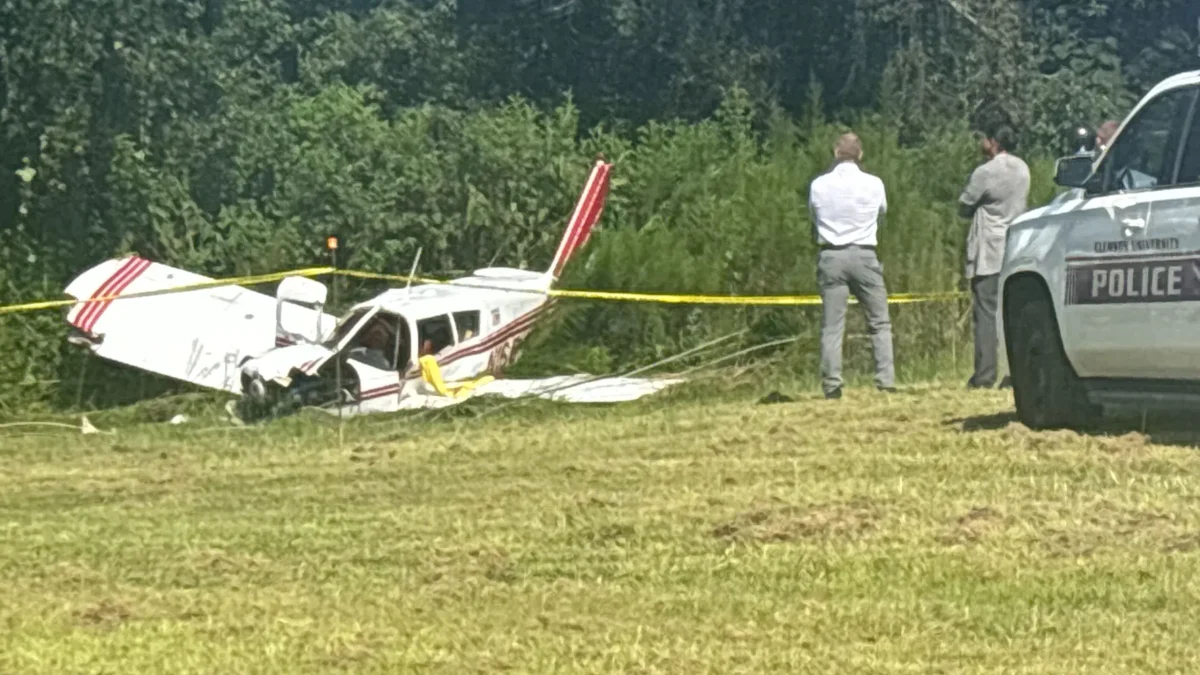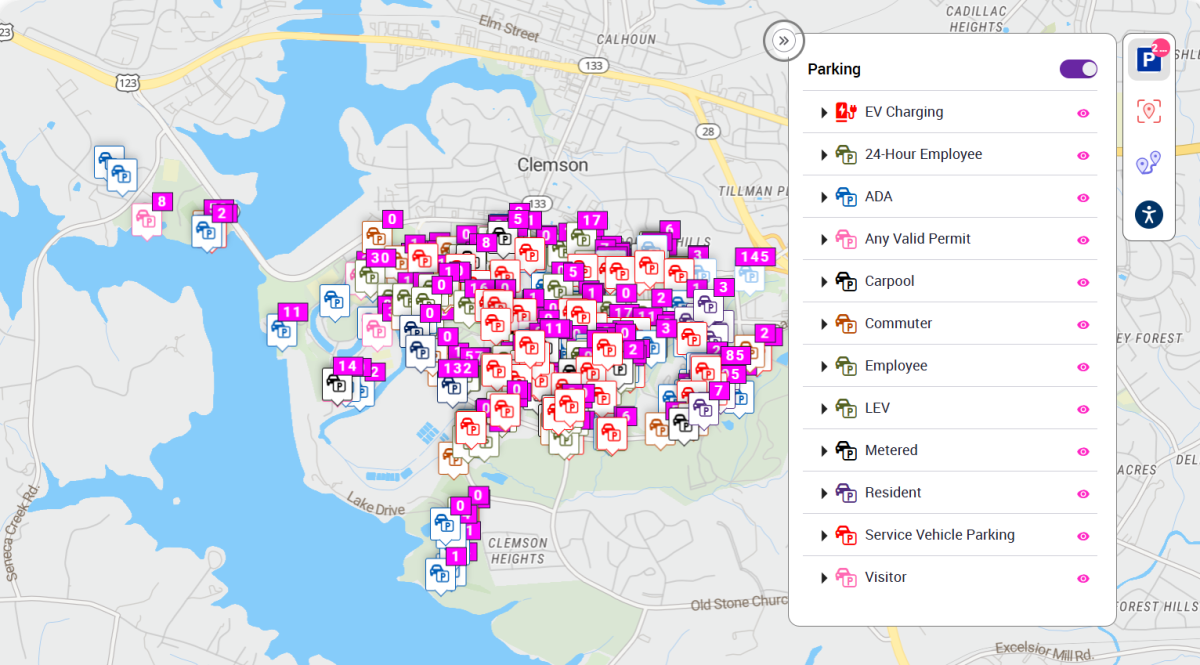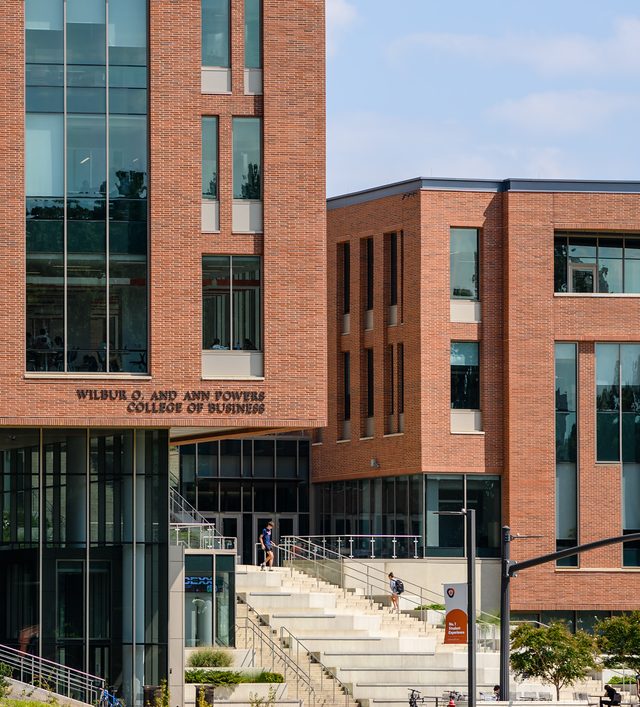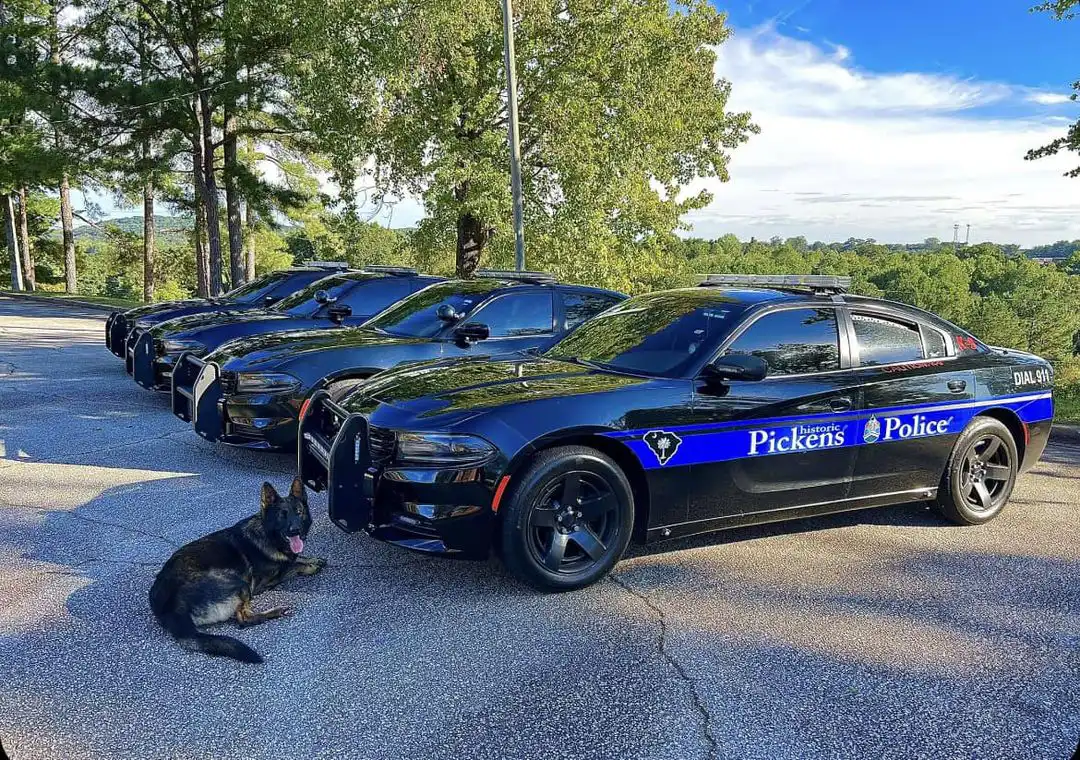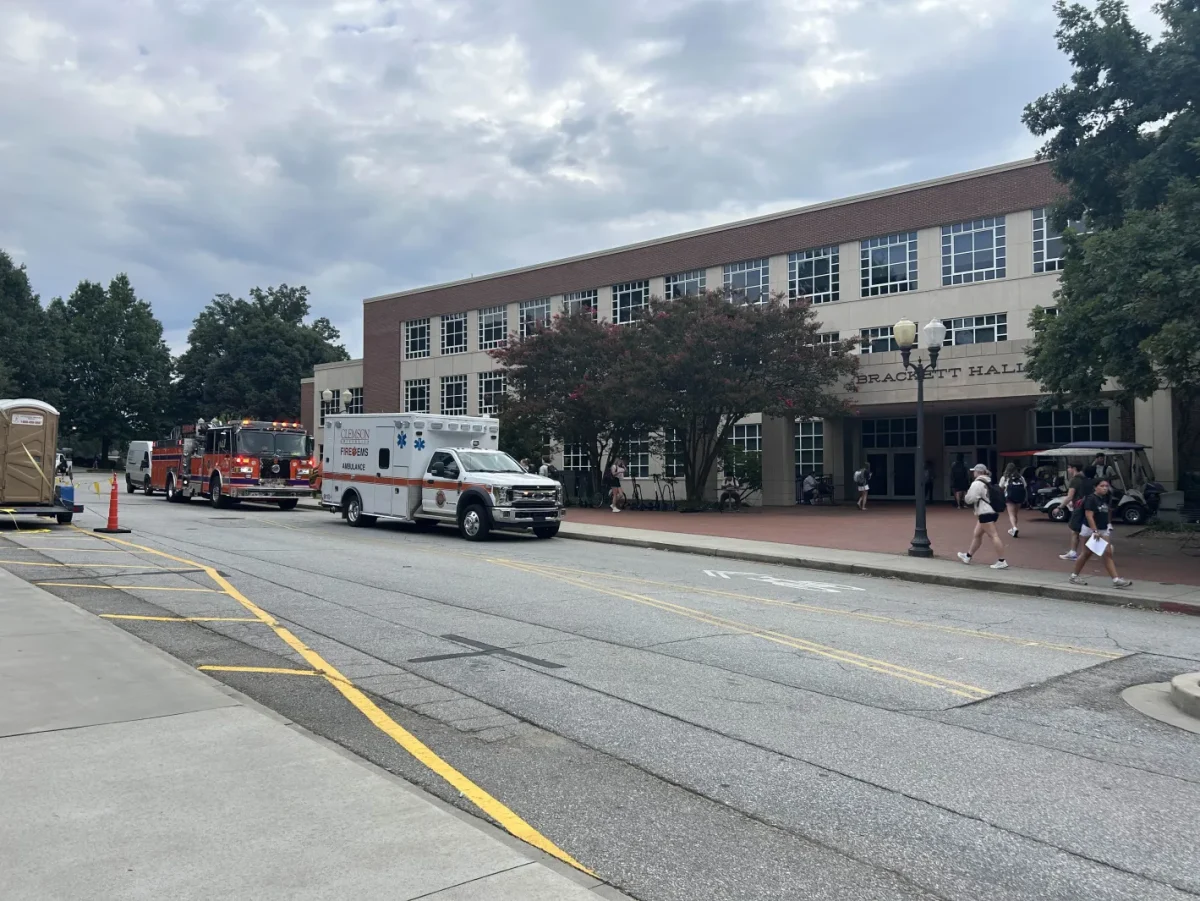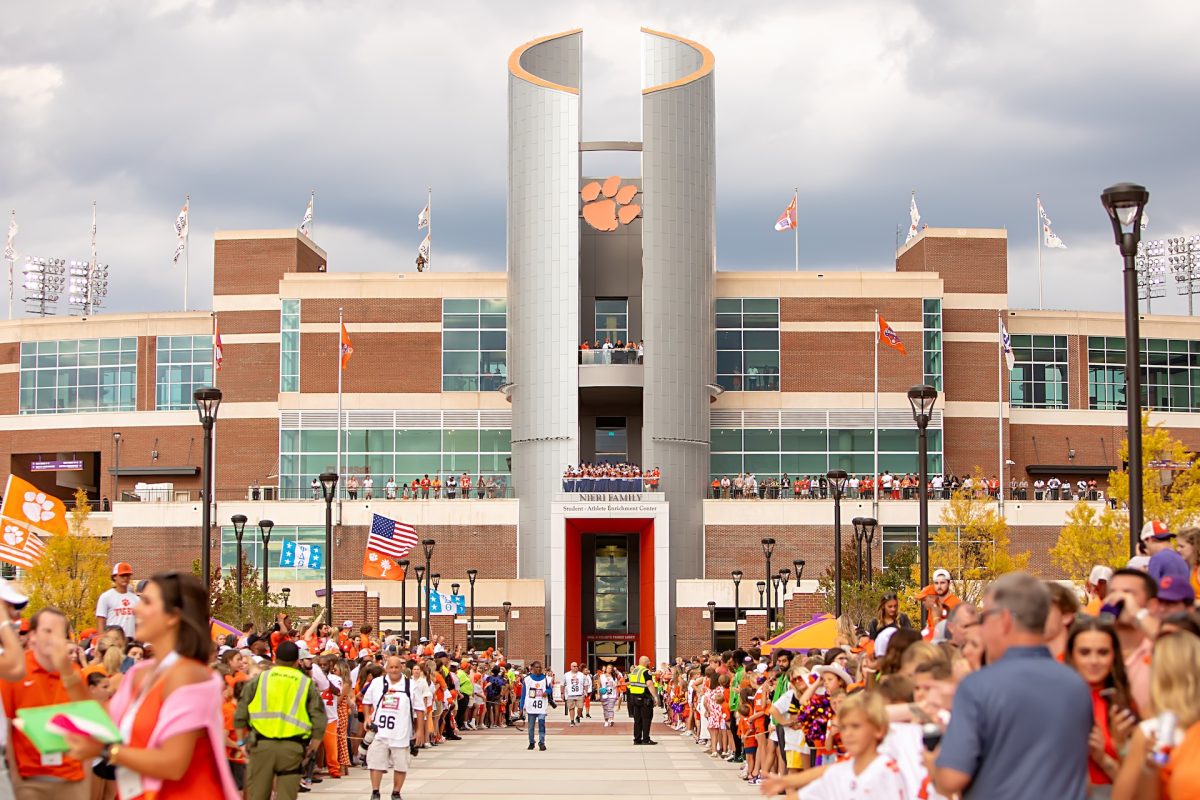New fake ID scanning technology has recently been endorsed by the Clemson Police Department for fake IDs, also known as fakes, to be more easily detected in downtown Clemson.
“Every year, students come from their homes in the summertime to a place where they have complete independence and want to let loose and fit in with their friends by partying or going to bars,” said Cameron Parish, owner of Tiger Town Tavern. “At least from the legal perspective, there is always a spike in the usage of fakes in the fall, and it happens frequently ever year because obtaining fakes is not very expensive, and students can easily order them.”
With the returning trend, freshman general engineering major Chase Morris noted that there is an increase in the Clemson PD presence downtown on weekend nights to try and counteract increases in underage drinking. For some students, however, their fake ID has become a staple in their lives.
“I am honestly ashamed of having a fake ID that I use at least once a week, but I feel as though there is no turning back for me at this point,” said one student who chose not to be named. “I feel like I have to use it to fit in with my friends. I have noticed an increase in police that walk around downtown, which makes me really scared that we get caught, but I forget that we are the ones in the wrong. I know that I will keep using it because it has worked for me so far, but who knows if I will get caught or not. I can’t seem to put it down, so I question why I even got it in the first place.”
Technological advances in scanners are making it easier to detect fakes, which are being promoted in various local bars in downtown Clemson by the Clemson PD. Taking a closer look at ID scanners, they are connected to Clemson PD’s previous minor in possession (MIP) charges database, which helps determine fakes from real ones and detect repeat offenders.
According to the Clemson PD, fake ID companies will encode the name and date of birth seen on the front into the scanner bar. But new and improved scanners can go into a database to recognize if the name and date of birth match up or if the barcodes on the back of fake IDs do not match the name or date of birth on the front of the ID.
When asked if he thought the use of fakes themselves was increasing, Chief Jorge Campos of the Clemson PD stated that he “does not believe that there are more people obtaining fake IDs now compared to the past.”
Clemson PD has also informed local restuarants and bars that the new scanners are available for use, with some bars starting to follow suit.
While these fake ID scanners differentiate fakes from real IDs, they cost several hundreds of dollars a month for bars and restaurants to implement and upkeep, making it difficult for smaller businesses to adopt the new scanning technology.
“I feel as though the police department is doing everything they can to help increase ID scanning technology in venues that serve alcohol, and it is truly beginning to get harder to detect fakes when they look more and more convincing every year,” said Parish.
Parish also commented, “what people need to understand is that the rise in fake IDs is not because bars need to serve to underage students to stay afloat after the COVID ([sic]) pandemic, it is quite the opposite. Establishments serving alcohol are doing everything they can to stop the usage of fake IDs because they could risk their [sic] credibility and owe even more fines if they are caught, and no one wants to be the reason any students are harmed or in danger.”
Consequences for bars caught serving minors include fines that range from $200 to $300 for first offenses, with repeat offenders paying between $400 to $500. Charged offenders could also possibly spend up to 30 days in jail, according to stipulations included in the South Carolina Code.
Underage minors are also fined between $100 and $200 or up to 30 days in jail for a first offense, along with a six-month suspension on their licenses. They have the option of completing an alcohol education program designed by the state.
When asked about why she chose not to purchase a fake ID, sophomore bioengineering major Corrine Castelli said, “I honestly just don’t see the point in purchasing one when scanning technology to detect them will only increase in the future… around here, so I only hope that students who use them can learn from their mistakes and be safe.”
While the public opinion reflects an increase in fake ID usage and charges, no precise records were reported with how many fakes were obtained, due to the Clemson Police Department confiscating reported fakes. The public MIP database has previously only recorded charges that were officially reported, giving an inaccurate representation of the real increase in usage across downtown Clemson.
With the returning trend, freshman general engineering major Chase Morris noted that there is an increase in the Clemson PD presence downtown on weekend nights to try and counteract increases in underage drinking. For some students, however, their fake ID has become a staple in their lives.
“I am honestly ashamed of having a fake ID that I use at least once a week, but I feel as though there is no turning back for me at this point,” said one student who chose not to be named. “I feel like I have to use it to fit in with my friends. I have noticed an increase in police that walk around downtown, which makes me really scared that we get caught, but I forget that we are the ones in the wrong. I know that I will keep using it because it has worked for me so far, but who knows if I will get caught or not. I can’t seem to put it down, so I question why I even got it in the first place.”
Technological advances in scanners are making it easier to detect fakes, which are being promoted in various local bars in downtown Clemson by the Clemson PD. Taking a closer look at ID scanners, they are connected to Clemson PD’s previous minor in possession (MIP) charges database, which helps determine fakes from real ones and detect repeat offenders.
According to the Clemson PD, fake ID companies will encode the name and date of birth seen on the front into the scanner bar. But new and improved scanners can go into a database to recognize if the name and date of birth match up or if the barcodes on the back of fake IDs do not match the name or date of birth on the front of the ID.
When asked if he thought the use of fakes themselves was increasing, Chief Jorge Campos of the Clemson PD stated that he “does not believe that there are more people obtaining fake IDs now compared to the past.”
Clemson PD has also informed local restuarants and bars that the new scanners are available for use, with some bars starting to follow suit.
While these fake ID scanners differentiate fakes from real IDs, they cost several hundreds of dollars a month for bars and restaurants to implement and upkeep, making it difficult for smaller businesses to adopt the new scanning technology.
“I feel as though the police department is doing everything they can to help increase ID scanning technology in venues that serve alcohol, and it is truly beginning to get harder to detect fakes when they look more and more convincing every year,” said Parish.
Parish also commented, “what people need to understand is that the rise in fake IDs is not because bars need to serve to underage students to stay afloat after the COVID ([sic]) pandemic, it is quite the opposite. Establishments serving alcohol are doing everything they can to stop the usage of fake IDs because they could risk their [sic] credibility and owe even more fines if they are caught, and no one wants to be the reason any students are harmed or in danger.”
Consequences for bars caught serving minors include fines that range from $200 to $300 for first offenses, with repeat offenders paying between $400 to $500. Charged offenders could also possibly spend up to 30 days in jail, according to stipulations included in the South Carolina Code.
Underage minors are also fined between $100 and $200 or up to 30 days in jail for a first offense, along with a six-month suspension on their licenses. They have the option of completing an alcohol education program designed by the state.
When asked about why she chose not to purchase a fake ID, sophomore bioengineering major Corrine Castelli said, “I honestly just don’t see the point in purchasing one when scanning technology to detect them will only increase in the future… around here, so I only hope that students who use them can learn from their mistakes and be safe.”
While the public opinion reflects an increase in fake ID usage and charges, no precise records were reported with how many fakes were obtained, due to the Clemson Police Department confiscating reported fakes. The public MIP database has previously only recorded charges that were officially reported, giving an inaccurate representation of the real increase in usage across downtown Clemson.
Caleb Browder, Photo Editor
No one fake ID is alike: they vary by state, quality and identifying information.



